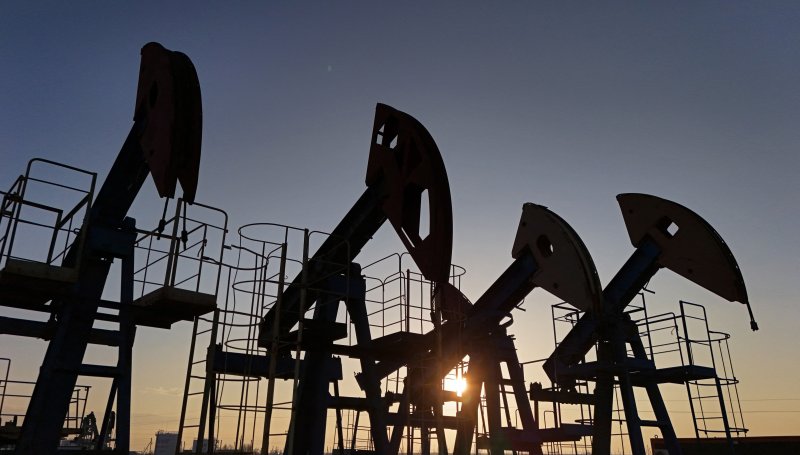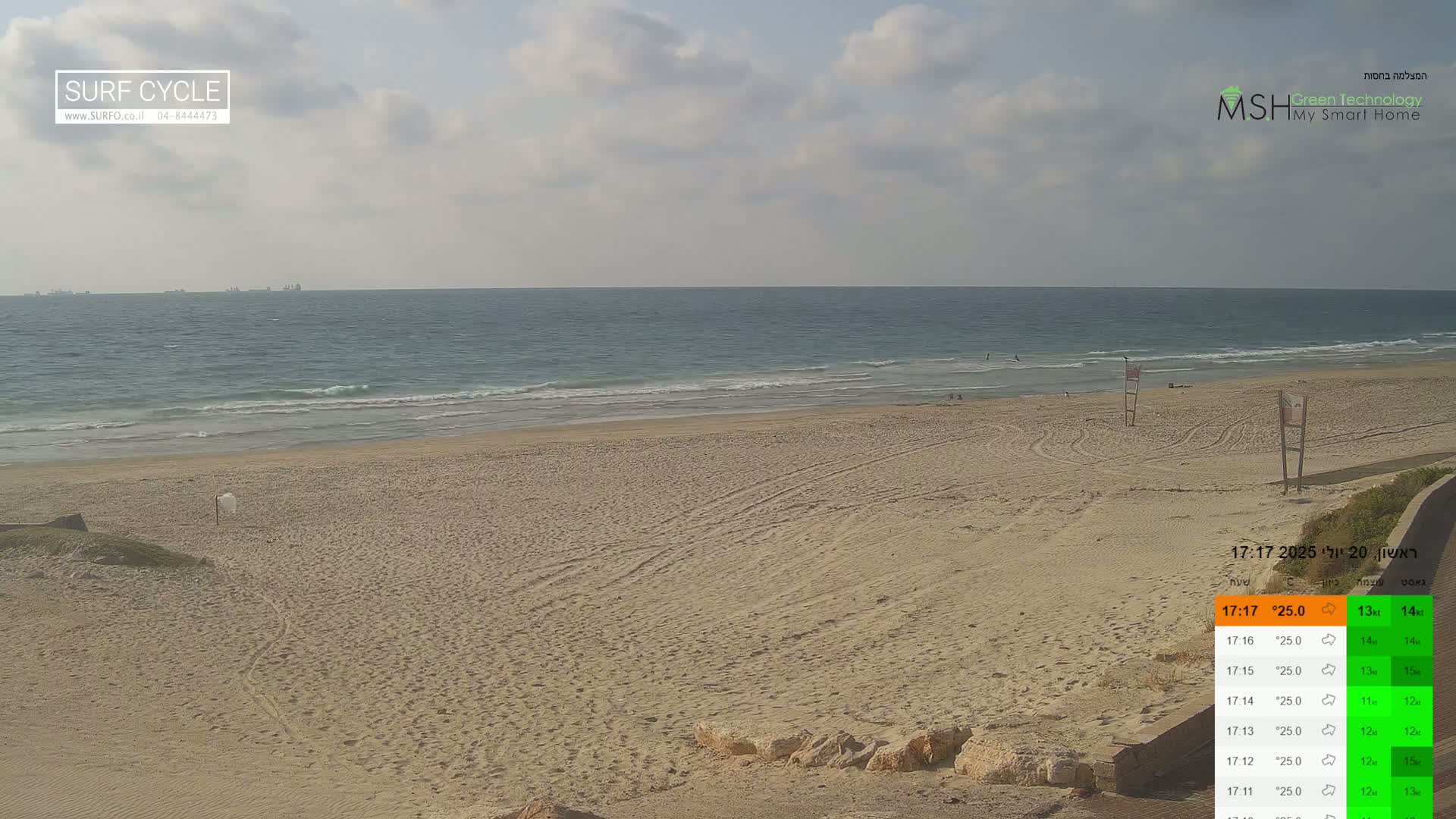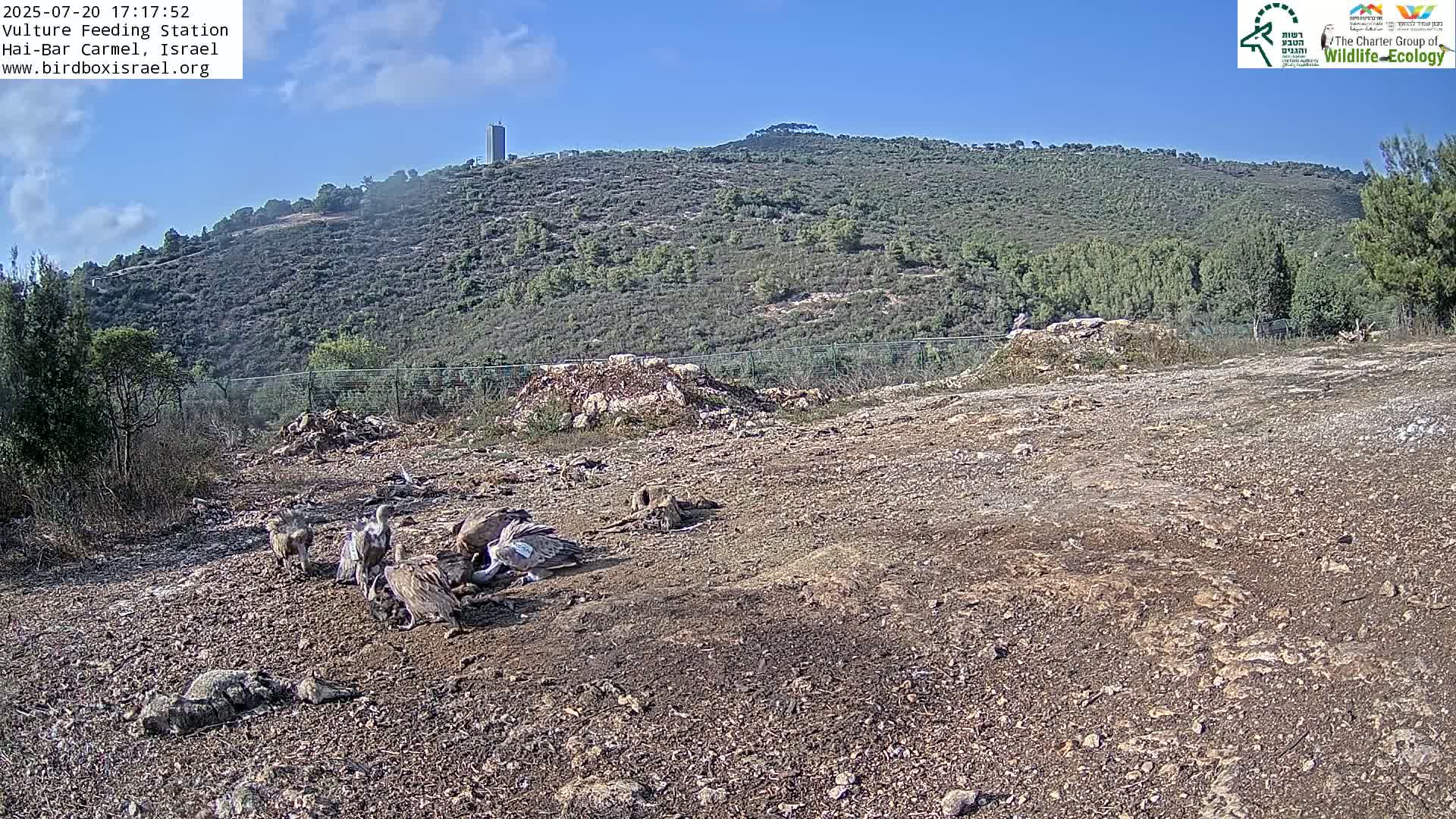Oil Prices Skyrocket After Israeli Strikes on Iran, Supply Concerns Rise
 Israel
Business & Finance
Israel
Business & Finance

Oil prices jumped 7% after reported Israeli strikes on Iran. Concerns rise over potential oil supply disruptions and regional escalation in the Middle East.
Oil Prices Surge Following Israeli Strikes on Iran
Oil prices experienced a significant surge, climbing more than 7%, in the wake of reported Israeli strikes targeting key Iranian facilities.
Details of the Operation
According to Prime Minister Benjamin Netanyahu, Israel launched a "targeted military operation" aimed at Iran's nuclear and ballistic missile program. The strikes reportedly hit locations including the Natanz enrichment site.
International Atomic Energy Agency Assessment
The International Atomic Energy Agency (IAEA) stated that no increase in radiation levels was observed at the Natanz site following the reported attack as of Friday morning. The Isfahan nuclear site was reported as not impacted.
U.S. Response
U.S. Secretary of State Marco Rubio clarified that Israel had taken "unilateral action against Iran" without U.S. support. He warned Iran against targeting U.S. interests in the region.
Potential Impact on Oil Supply
The escalating tensions have raised concerns about potential disruptions to the oil supply from Iran and other regional players. Analysts caution that the market may have been underestimating the significance of geopolitical risks. The worst-case outcome is not currently priced in.
Strait of Hormuz Concerns
The rising tensions have raised concerns that Iran could leverage the Strait of Hormuz, a critical chokepoint for global oil supply. However, experts suggest that directly impeding passage through the Strait would carry significant risks for Iran, including potential retaliation and economic pressure from China. "For Iran, there really is no net benefit to trying to impede the passage of oil through the Strait of Hormuz," said Ellen Wald.
Analysts' Perspectives
While the situation remains volatile, some analysts believe that the impact on oil supplies will likely be less severe than the disruption caused by Russia's invasion of Ukraine.





